"Ensuring energy sustainability in vulnerable communities through introduction of low-carbon technologies" (Strategic Project)

Project Details & Results
COVID-19 has disrupted social and economic systems around the world, deepening existing vulnerabilities. The impact of the pandemic has an unequal, more severe impact on vulnerable groups, such as the urban and rural poor, women, children, disabled, etc. Many families have experience a loss of income, education or access to social services.
An additional challenge for these communities is the winter season, which will increase the energy supply burden and utility costs in Armenian communities. Heating, hot water supply, adequate sanitation and improved hygiene in the cold months will be vital for the socially disadvantaged in different communities with limited capacity to use green energy sources. This will lead to increased energy costs for vulnerable communities, as well as increasing demand for firewood, which may have a negative impact, especially on forest-adjacent communities.
The proposed project aims to reduce the growing energy demand by introducing low carbon technology solutions in public buildings, including schools, kindergartens, dormitories, etc., in communities with a high level of vulnerability. This intervention will greatly increase socio-economic benefits, reduce the use of firewood, improve living conditions and raise awareness about the use of renewable energy-efficient technologies for further replication and scale-up.
Within the project activities it is planned to install 142 kW photovoltaic stations and 75 solar thermal systems in communities with high number of vulnerable population. The selection of the communities will be conducted in consultation with the SGP and Government counterparts. It is envisaged that the savings from the operation of the PV systems will be directed to support over 250 families in different communities throughout Armenia, which will be exemplary for other communities in terms of replication.
Project Results
The project will produce the following results:
• Installation of PV stations with 142 kW capacity ensured 220,000 kW energy saving for beneficiary communities;
• Installation of solar thermal systems (75 units with 300 l capacity) ensured saving of 5,725 m3 of natural gas in beneficiary communities;
• Over 20,000 USD savings from the installation of solar systems directed to cover utility bills of vulnerable community members;
• Knowledge and experience shares with major stakeholders.
COVID-19 has disrupted social and economic systems around the world, deepening existing vulnerabilities. The impact of the pandemic has an unequal, more severe impact on vulnerable groups, such as the urban and rural poor, women, children, disabled, etc. Many families have experience a loss of income, education or access to social services.
An additional challenge for these communities is the winter season, which will increase the energy supply burden and utility costs in Armenian communities. Heating, hot water supply, adequate sanitation and improved hygiene in the cold months will be vital for the socially disadvantaged in different communities with limited capacity to use green energy sources. This will lead to increased energy costs for vulnerable communities, as well as increasing demand for firewood, which may have a negative impact, especially on forest-adjacent communities.
The proposed project aims to reduce the growing energy demand by introducing low carbon technology solutions in public buildings, including schools, kindergartens, dormitories, etc., in communities with a high level of vulnerability. This intervention will greatly increase socio-economic benefits, reduce the use of firewood, improve living conditions and raise awareness about the use of renewable energy-efficient technologies for further replication and scale-up.
Within the project activities it is planned to install 142 kW photovoltaic stations and 75 solar thermal systems in communities with high number of vulnerable population. The selection of the communities will be conducted in consultation with the SGP and Government counterparts. It is envisaged that the savings from the operation of the PV systems will be directed to support over 250 families in different communities throughout Armenia, which will be exemplary for other communities in terms of replication.
Project Results
The project will produce the following results:
- Installation of PV stations with 142 kW capacity ensured 220,000 kW energy saving for beneficiary communities;
- Installation of solar thermal systems (75 units with 300 l capacity) ensured saving of 5,725 m3 of natural gas in beneficiary communities;
- Over 20,000 USD savings from the installation of solar systems directed to cover utility bills of vulnerable community members;
- Knowledge and experience shares with major stakeholders.
.png&w=3840&q=75)
Subscribe for our news
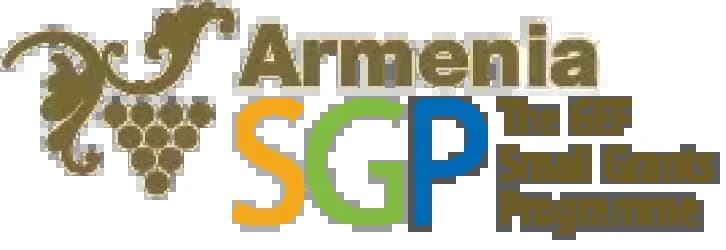


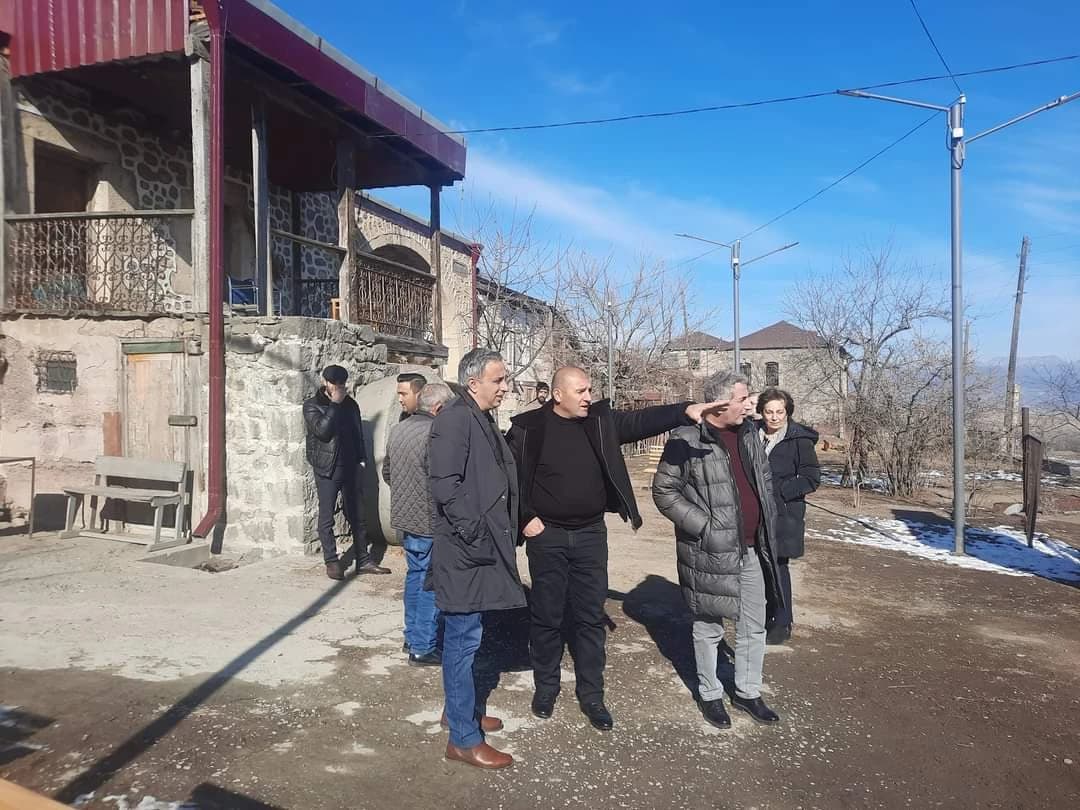
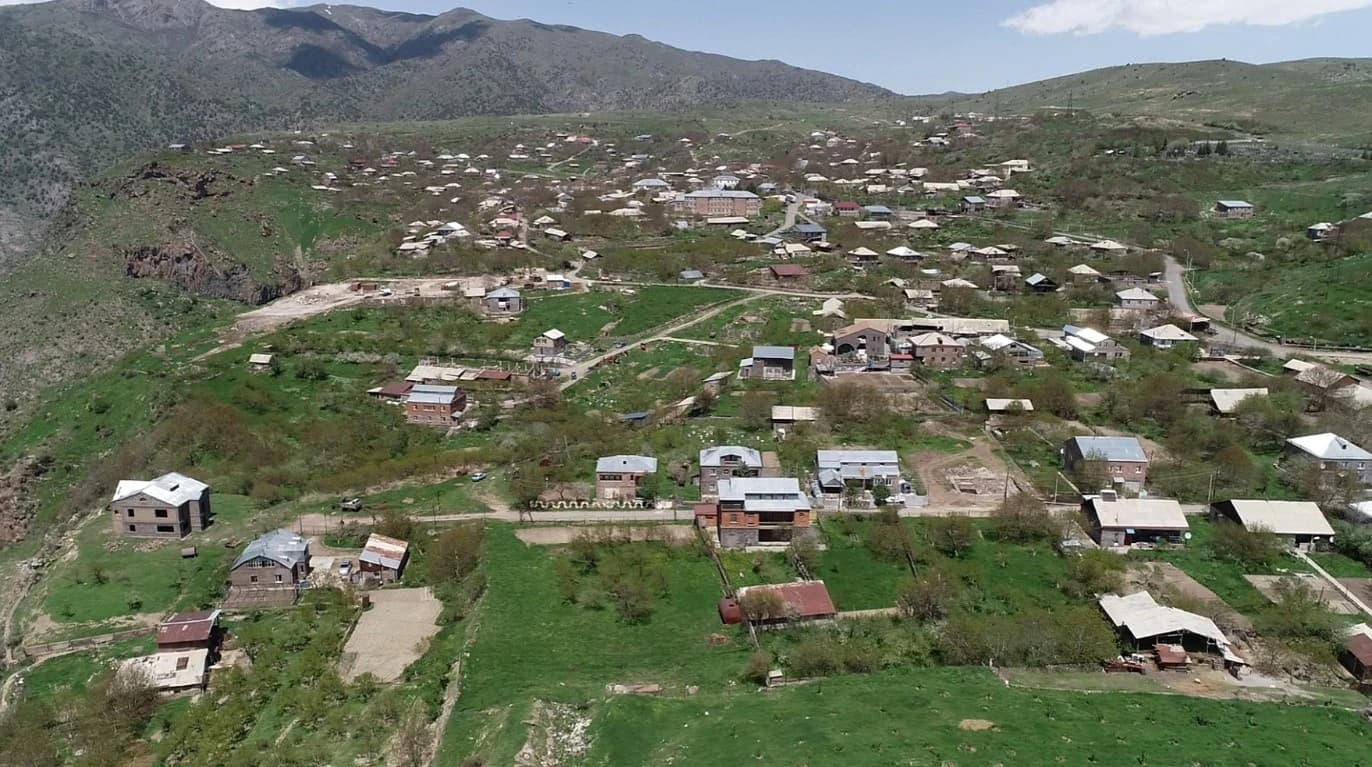
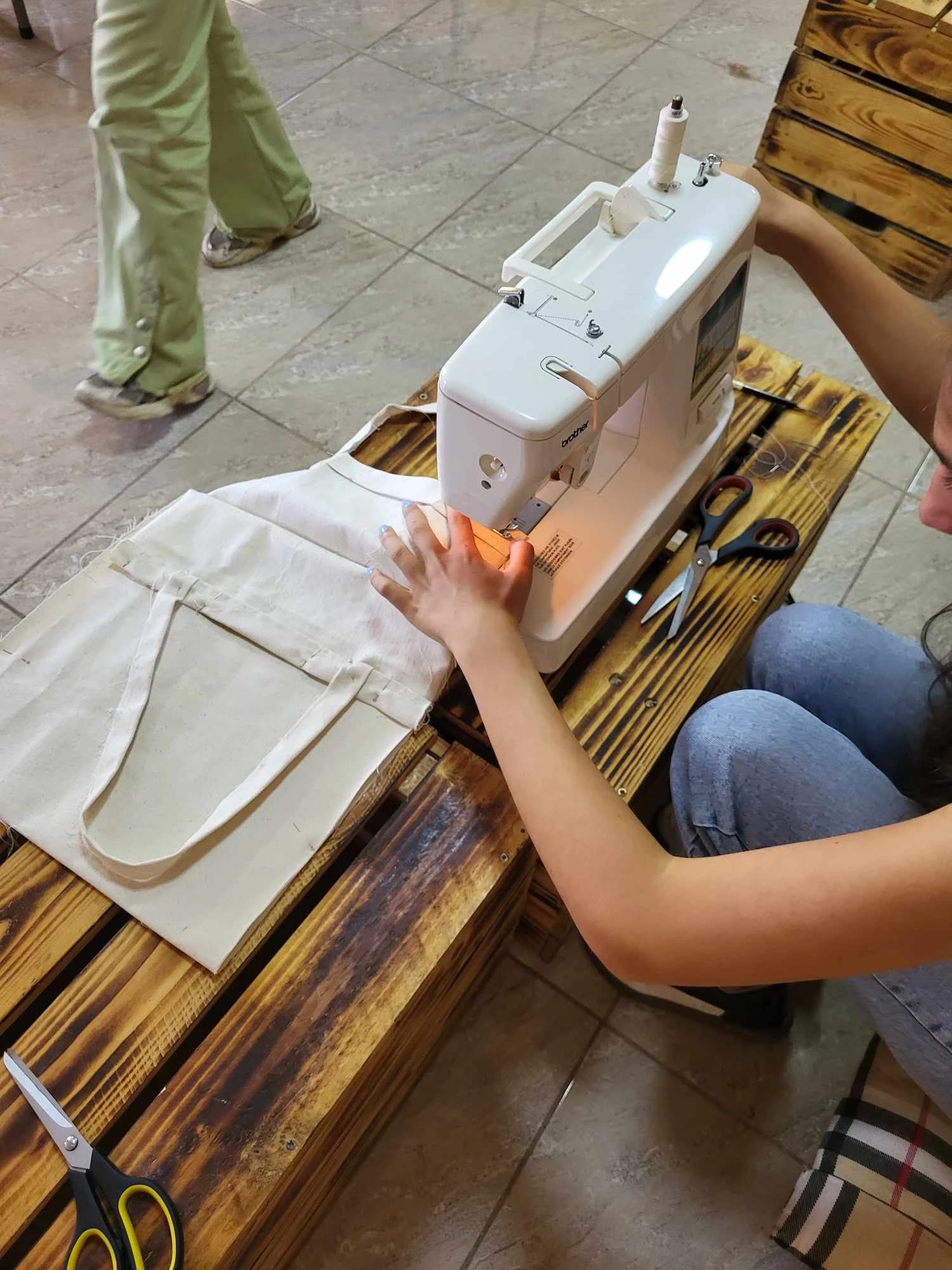
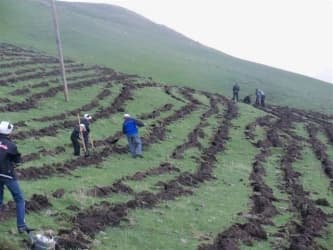
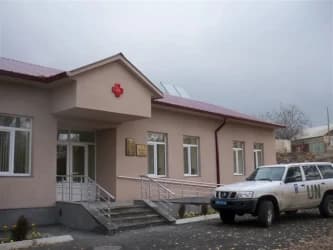
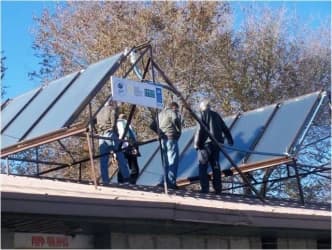
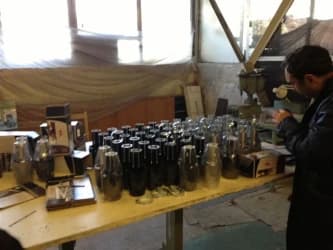
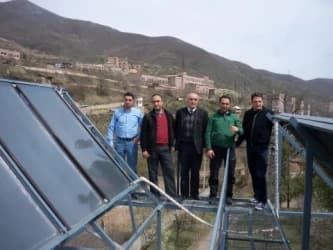

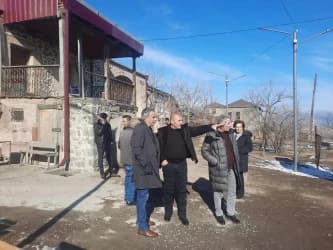
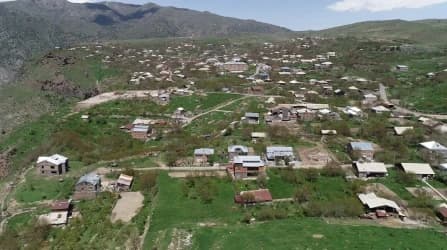
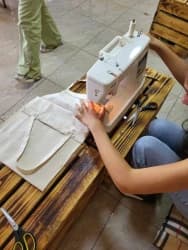
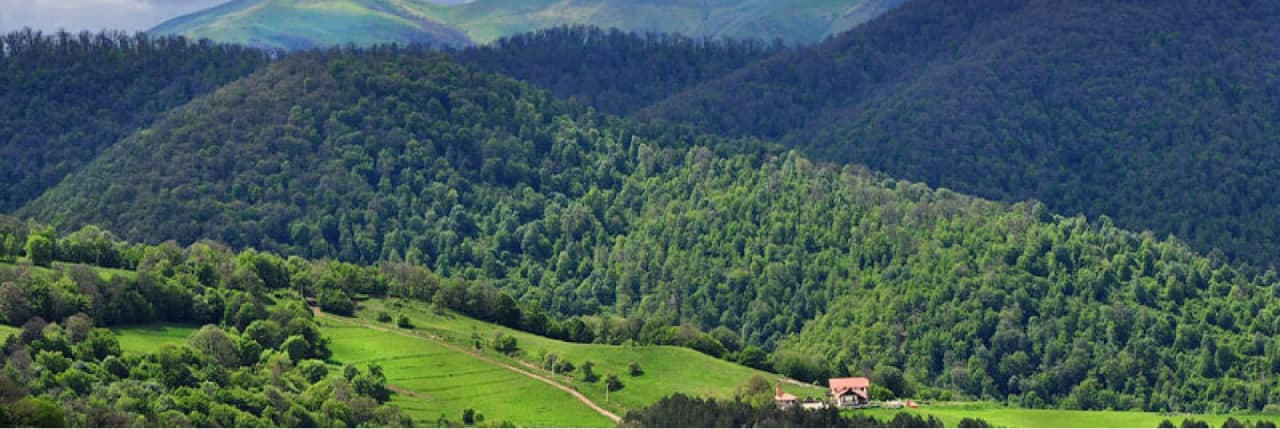
.png&w=3840&q=75)
